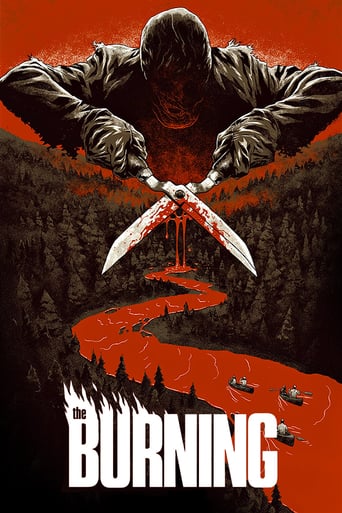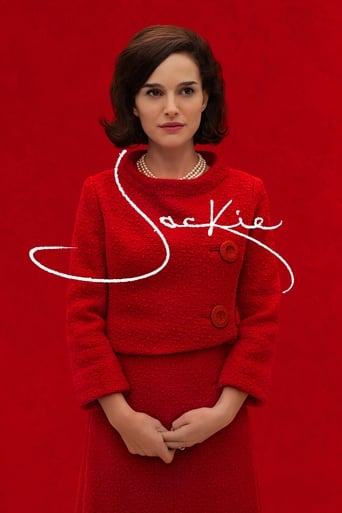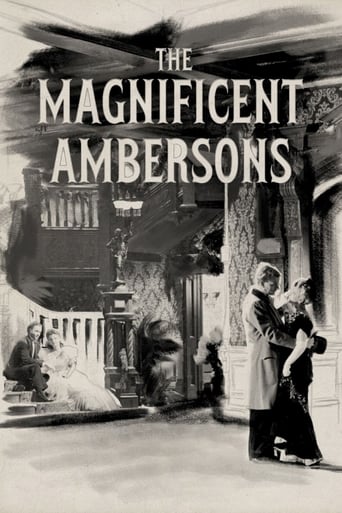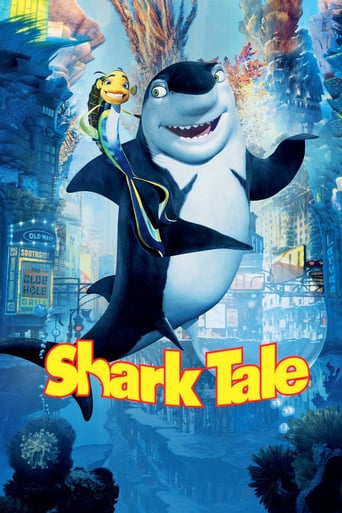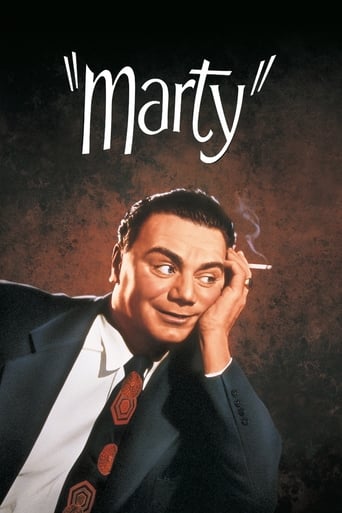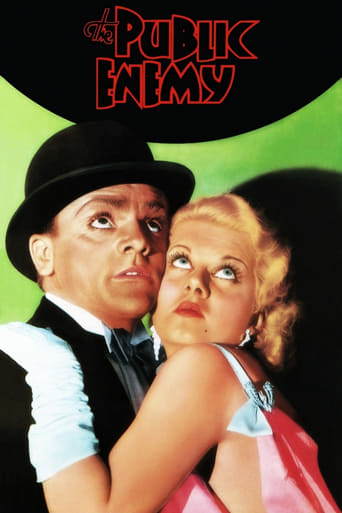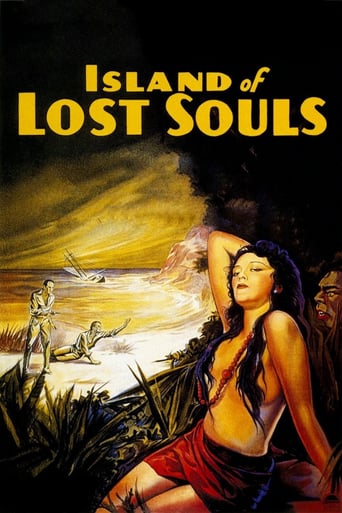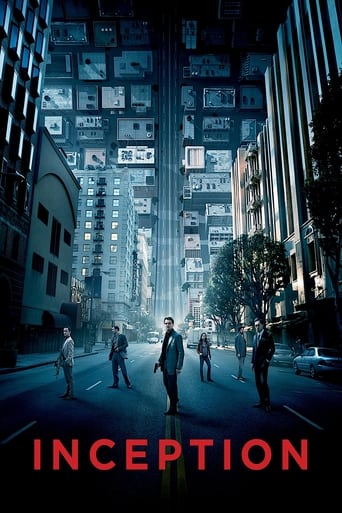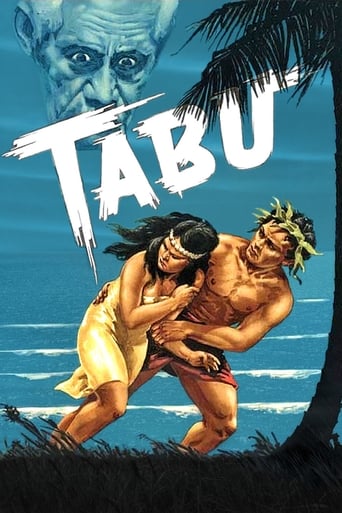


Tabu
On the South Pacific island of Bora Bora, a young couple's love is threatened when the tribal chief declares the girl a sacred virgin.
-
- Cast:
- Anne Chevalier


Similar titles
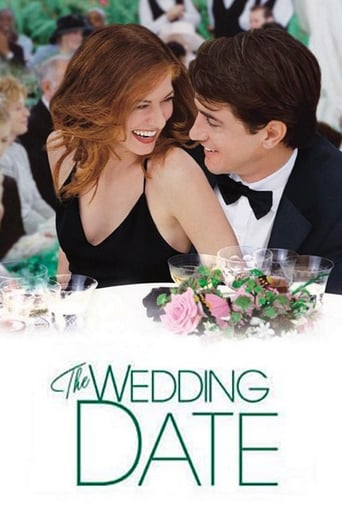
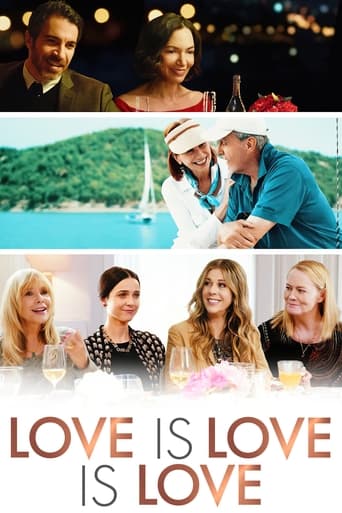

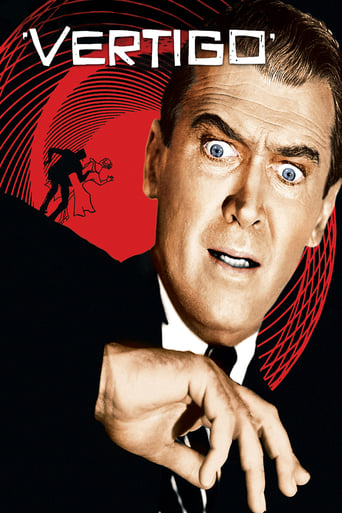
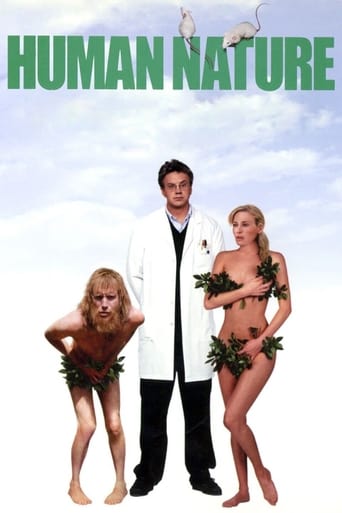
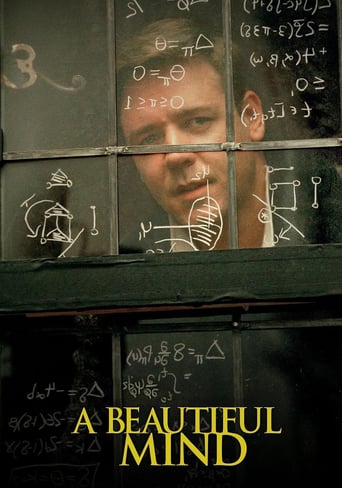
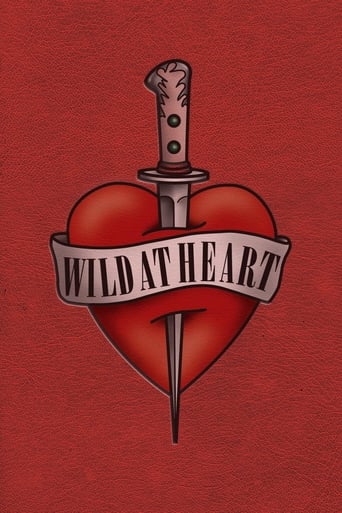
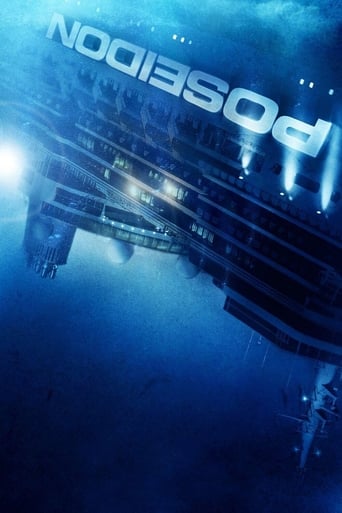
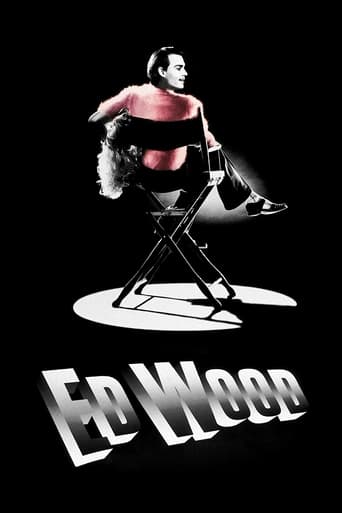
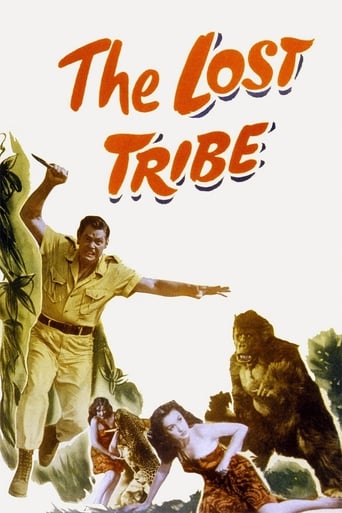
Reviews
If you don't like this, we can't be friends.
Excellent but underrated film
The plot isn't so bad, but the pace of storytelling is too slow which makes people bored. Certain moments are so obvious and unnecessary for the main plot. I would've fast-forwarded those moments if it was an online streaming. The ending looks like implying a sequel, not sure if this movie will get one
One of the worst ways to make a cult movie is to set out to make a cult movie.
A tale of forbidden love, TABU is best-remembered today as legendary German director FW Murnau's last film - he was killed in a car accident only one week before its New York premiere. Murnau had been working in Hollywood since the mid-1920s, and had already directed several films in the United States, but of these, only the famous SUNRISE (1927) was a success. By 1930, Murnau had become tired of the Hollywood system and was thinking about returning to Germany, but a timely introduction to Robert F. Flaherty - at that time famous as the director of the classic documentary NANOOK OF THE NORTH - sparked an ill-fated collaboration that resulted in this gorgeous, hypnotic and unforgettable film.At first, Murnau and Flaherty intended to produce a "Nanook-style" documentary of Tahiti and its people, but several problems intervened: Flaherty and Murnau turned out to have radically different ideas about film-making in general and this project in particular; Flaherty's skills as a cinematographer were not up to the task and another DP had to be called in; and Flaherty's working relationship with the domineering Murnau fell apart when - instead of being co-director as the two had agreed - Flaherty found himself spending most of his time in the lab developing Muranu's film. Only one scene directed by Flaherty remains in TABU - the opening spearfishing sequence - and sad to say, the quality of this scene is no match for Murnau's exquisite footage. In addition, Flaherty decided that he hated the story - he found it too Westernized and fairy-tale-like. After a period of mutual discontent, Murnau bought out Flaherty, sent the entire Hollywood crew back to California, and took over the project completely - even training Tahitian natives in film-making techniques so he could employ the locals as his crew. With the exception of Anne Chevalier - a local French/Tahitian woman whom Murnau discovered performing in a bar in Bora Bora - the entire cast and crew save Murnau and his cinematographer was made up of nonprofessionals.The film which resulted from this choice is a unique hybrid of documentary and fiction, with a mythic, fantasmatic air about it that is very hard to define - there is no other movie like TABU. Certainly, the fact that we are watching actual Tahitian natives going about their daily business rather than professional actors lends the film a patina of authenticity and realism which makes it impossible to categorize TABU as some sort of Western-colonial-white people's fantasy of the South Seas - in fact, the film's depiction of tribal culture is quite complex and thought-provoking, as we will see...The plot of TABU is diagramatically simple - the idyllic lives of a Bora Bora fisherman (called Matahi) and his beloved, Reri (Anne Chevalier) are destroyed when tribal elders decree that Reri is so perfect a specimen of local womanhood that the gods have selected her for the honor of becoming their sacrificial victim. Reri immediately becomes TABU - forbidden - to Matahi as she must come before the gods untouched by man. Not surprisingly, Matahi disagrees with the gods' choice. He kidnaps Reri and the two flee to a neighboring island where they believe they will be safe. Unfortunately, this particular island has been taken over by Western civilization and thus the innocent Matahi and Reri have to navigate some very unfamiliar and peculiar customs - like debt and credit. Matahi begins working as a pearl diver, but he is unable to understand money (or handle liquor) and is threatened with violence when he cannot repay a debt. The couple flee once more, desperate for a safe haven, but they do not find one. Matahi and Reri's lives become more and more insecure and in due course of time, the tribal elders track them down anyway. Realizing that the only choice they have is to return to the world they know, Reri resigns herself to her fate, but will Matahi accept the inevitable? A mere plot-summary cannot fully express what TABU is like as a visual and intellectual experience. The film's treatment of native culture is extremely complex - unlike the "noble savage" cliché so popular among Western audiences and seen most recently in AVATAR, Murnau's Bora Bora seems like Eden on the surface, but is governed by a rigid code of conduct which squashes individuality and personality. Matahi and Reri's innocent love is doomed from the beginning, as they are caught between two worlds and unable to find a place in either. Ultimately, the beauty and simplicity of tribal life in Bora Bora - so seductive to the eye and ear in the first part of the film - is shown to be a soul-destroying deathtrap governed by superstition and groupthink. Of course, Murnau depicts the Western system as being no better - European civilization is shown as not much more than drunken, greedy, exploitative artifice out to rape the entire world for a fast buck. TABU is in many ways a terrifying film, where pure love is doomed in the face of money and authority, and even the gorgeous purity of the Tahitian Islands seems tainted by human greed and foolishness. This masterpiece will haunt you for a long time after you have seen it, partly because of the riveting story, and partly because of the exquisite cinematography by Floyd Crosby, who deservedly won an Academy Award for his efforts. Do not miss this legendary masterwork of cinema!
Director F.W. Murnau wisely stuck with the silent film medium he knew so well to cover this story of native islander life in the South Seas. The documentary style works very well for the first half of the movie. The landscapes are beautiful, and the daily life activities of the islanders are interesting to watch. The film loses momentum, though, when it begins to concentrate more on the narrative story of two doomed lovers. The storyline just never gets that interesting, despite being handled well by Murnau. Won an Academy Award for best cinematography, although the award probably should have been for best scenery. You can't really credit the DP for getting to shoot in such a beautiful location.
South Seas dramas down through the decades have involved a lovely woman with one layer of scanty clothing, and a man who is chiefly attired in bronzed muscles. Both are Rousseauian children, taking rapturous joy in carnality and in their sun-light surroundings. Invariably they run afoul of the hungry island gods, rapacious white man, or combination of both. It's a genre done in John Ford's "Hurricane" and other movies with Dorothy Lamour; "Bird of Paradise" with Debra Paget; the various "Blue Lagoon" movies; up to the 1980's little seen "Beyond the Reef." This one has one thing distinguishing itself from the others - the cast is all actually Polynesian, or partly so (sorry Dorothy). It does bring in the common troubles of indigenous peoples: wanting to escape their stifling tribal atmosphere, they have a hard time coping with the outside world's currency economy and alcoholic drink. The movie eschews the Hollywood ending. Anne Chevalier is a treat, and a climatic moment late in the movie is directed for maximum shock.
I saw this film just last night on a double bill with "Nosferatu." Considering that Nosferatu is a !*&@#%$ masterpiece, it was hard to compare this with the movie I just saw, plus my friend who was watching it with me was only thinking of "Mystery Science Theater" comments the whole time, but I had the mature response and I really liked this movie. The cinematography is beautiful, and the story is incredibly convincing. The ending also made me cry. It may not be as good as "Sunrise," but it's one of the last great silent films, and also great as a semi-documentary of Polynesian life. Considering Paramount's silent films barely survive, this should be seen as a treasure.

